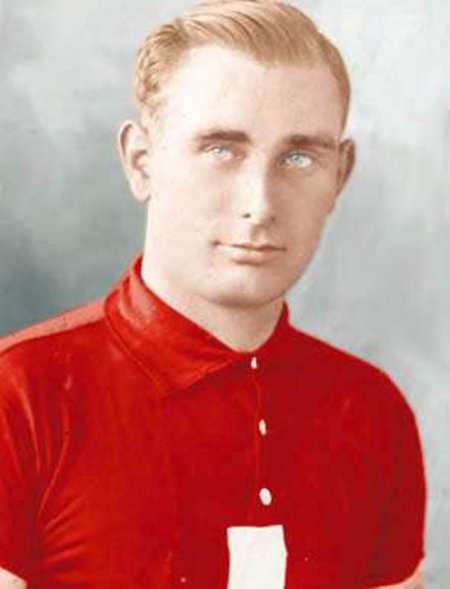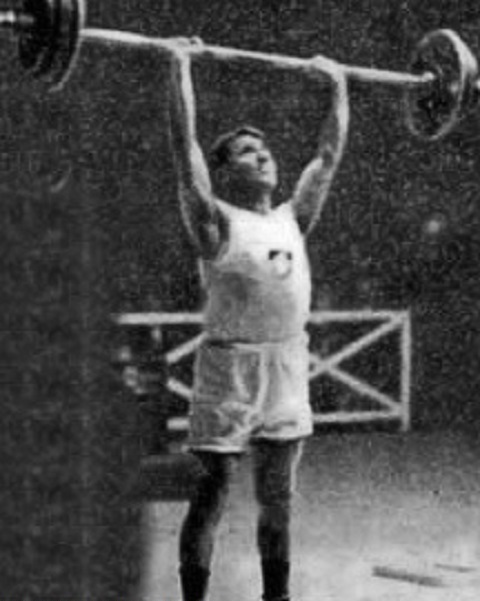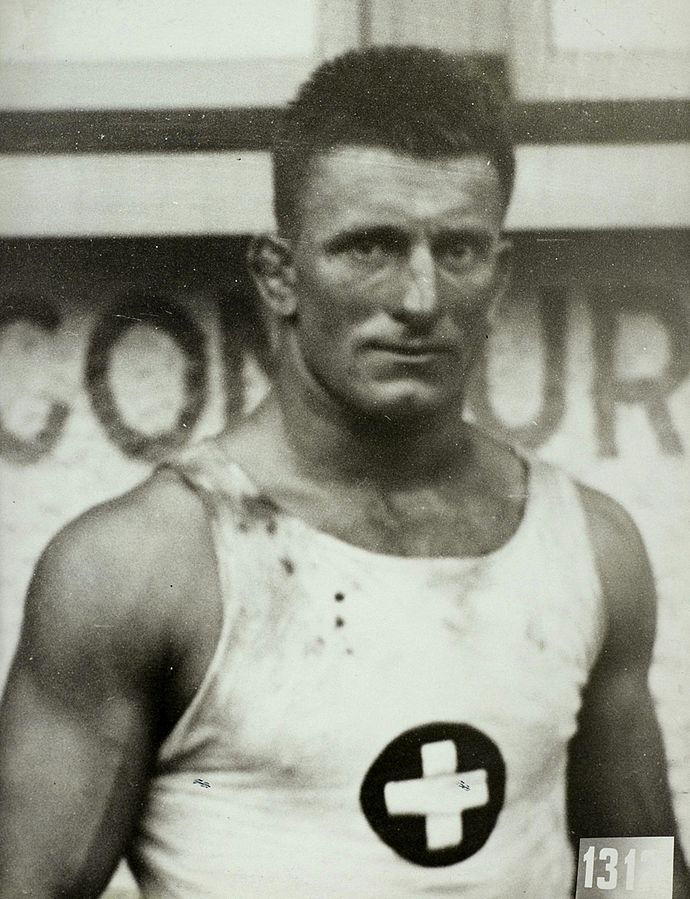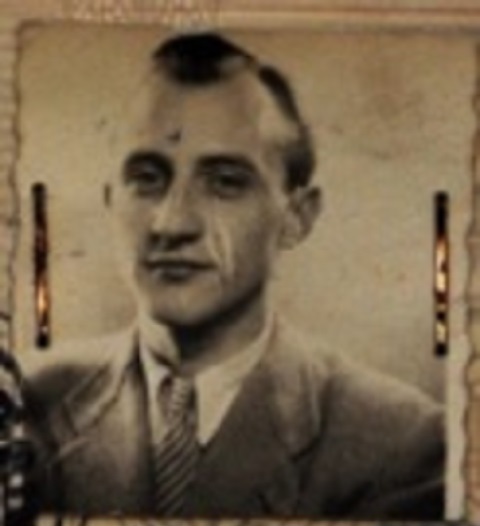Today on Oldest Olympians, we wanted to cover the remainder of the Swiss Olympic mysteries from the 1928 Amsterdam Games that we have not yet addressed and for whom we cannot prove definitively that they are deceased (although, given their age, all of them almost certainly are). Today we are finalizing our series from the past two weeks.
A good place to start would be water polo, where we have full biographical details for only one of the seven members of the team: three-time Olympian Robert Wyss. For a second, Othmar Schmalz, we are missing only his place of death, and for another, two-time Olympian Fernand Moret, we know that he was born January 15, 1905 and died sometime in 1982 in Geneva. Another two-time Olympian, Robert Mermoud, was born September 25, 1908, while for three others, Eric Brochon of Club de Natation Lausanne, Robert Hürlimann of Romanshorn, and Ernest Hüttenmoser of Sankt Gallen, we know nothing at all. Additionally, the team had two reserves, E. Ruchti and E. Tschümperly, for whom we do not even have first names!
There are two additional Swiss reserves for whom we are missing biographical data, the first of whom is Max Thommen who competed in equestrian events. The second is J. Brun, a reserve with the field hockey team, for whom again we do not even have a full name. We have discussed the Swiss field hockey team and the missing data in a previous post, but neglected to mention J. Brun. In fact, field hockey is a sport for which we have many gaps and thus there are always more players to discuss, such as Austrian Emil Haladik of SV Arminen, about whom we also know nothing.

(Hans Gilgen at Cycling Archives)
Returning to Switzerland, however, the last sport we want to look into is track cycling, as we have fairly good information on the road cyclists: only two, Jakob Caironi and Paul Litschi, are missing dates of death. On the track, however, only one, Hans Gilgen, has completed biographical data. We also know that Gustave Moos was born in 1905 and died in December 1948 in Basel, while Willi Knabenhans was born February 15, 1906 in Zurich. For the other two members, Joseph Fischler of VC Basilisk and Erich Fäs, we have no data – in fact, according to Connor Mah, Fäs does not appear to be listed in 1928 newspapers as a member of the Swiss Olympic cycling team!
That is quite a litany of names, but it does complete our look into Switzerland’s delegation to the 1928 Amsterdam Olympics. If, however, we continue our look into cycling at that edition, we could examine two more individuals. Both Tarchumas Murnikas of Lithuania and Fred Short of South Africa are completely missing biographical data. By mentioning them, we are left with only one country for whom we are missing data from the 1928 Amsterdam Games that we have not engaged previously: Romania. Thus, we will complete our look into this edition by covering them in a forthcoming post.


